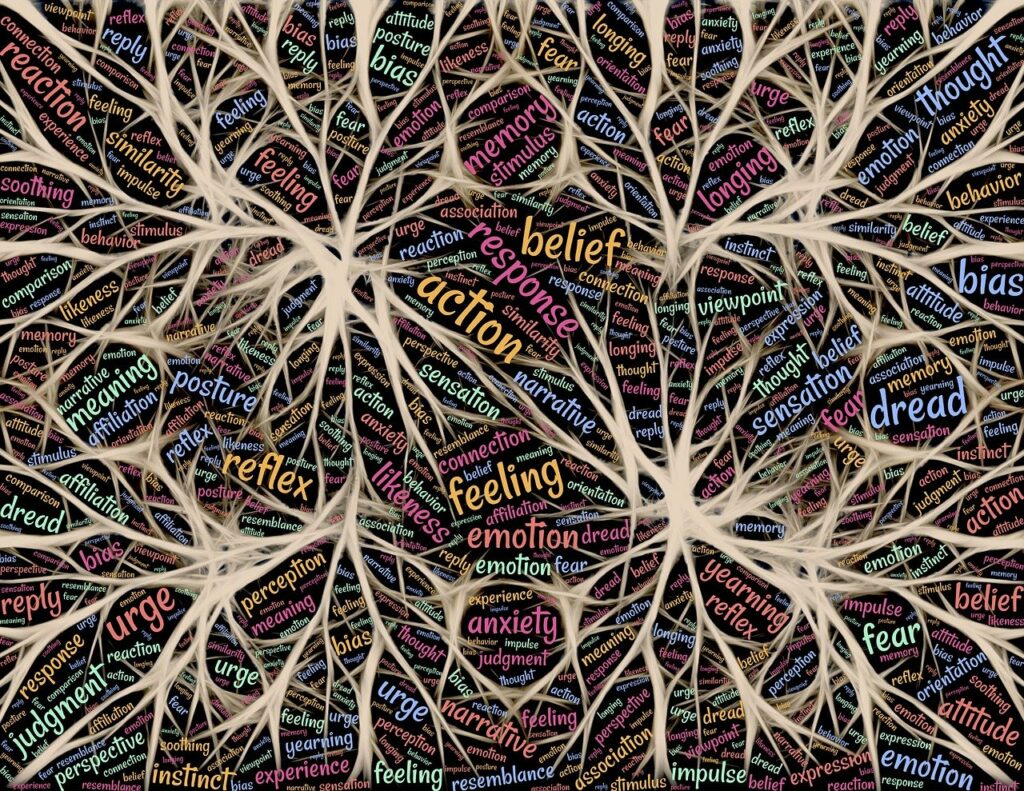About
Hello! Let me tell you about this project . . .
Social psychology is fascinating — not just to social scientists and academics but to anyone! Most of us sincerely want to understand those around us, ourselves, and social groups.
How do people form impressions of others, and how do they change them? How do people perceive others / themselves and their behaviours, and how do they attribute their actions? How do they develop and maintain inter- and intra-group relations? How do people make decisions in social situations, such as what to say, how to behave, and what choices to make?
These are questions we all ask ourselves at one point or another (The “how” is often a “why”!) And some of us ponder this all the time!
Social cognition is not a branch of social psychology (as many texts seem to suggest) or a branch of cognitive psychology. Social cognition is a way to approach any topic in social psychology (including — but not limited to — the ones listed above) from a cognitive perspective (Hamilton & Carlston, 2013). The fundamental thesis of this perspective is that human thought, emotion, and behaviour are the result of mental structures and processes that operate on those structures; this is true just as much with respect to inanimate objects and abstract ideas as it is true with respect to self, others, and groups. Thus, truly understanding social phenomena involves grounding their explanations in cognitive principles.
Furthermore, these structures (memories, schemas, mental representations, etc.) and processes (attention, encoding, retrieval, evaluation, etc.) — even if abstract theoretical constructs — are grounded in neuroscience; they have neurobiological underpinnings. The importance of this latter part is two-fold:
- We can study them behaviourally as well as neurologically, thus converging different methodologies.
- What we know about neurons and the brain informs and constrains these abstract constructs (and, therefore, our theories and explanations).
This site is designed as a free and accessible educational resource for those interested in learning more about social cognition.
The main topics currently covered are heuristics and cognitive biases in social decision-making.
Additionally, under the CC-BY-NC-SA license, this site is adaptable and customizable for use in any discipline. Feel free to modify and customize the content according to your specific educational needs and interests, but please attribute accordingly and link back to this original resource.
Suggested citation: Dilkina, K. (2024). Heuristics & Cognitive Biases in Social Reasoning. Open Press, Thompson Rivers University. https://socialcognition.trubox.ca/
I hope this resource is informative, useful, and fun!

About the Author
“I am originally from Bulgaria, a small country in Eastern Europe. After completing the International Baccalaureate at the United World College of the Adriatic in Italy, I was awarded a full academic scholarship at Simon Fraser University and came to Canada for my undergraduate degree in Cognitive Science. In completing this interdisciplinary program, Psychology was one of four fields of study – I also took courses in Linguistics, Philosophy, and Computing Science. I graduated with First Class Honours in 2004 and was awarded the Dean’s Convocation Medal.
I received my Ph.D. in Cognitive Psychology from the Centre for the Neural Basis of Cognition at Carnegie Mellon University in 2009. My graduate work – with Dr. Jay McClelland – focused on computational neural network modelling, specifically the interaction between semantic memory and language (e.g., Dilkina et al., 2007, 2008, 2010).
My family and I currently reside in Victoria, British Columbia, where we enjoy the beautiful west coast! My work focus has switched from research to education. I have taught a variety of courses at the University of Victoria as well as at Camosun College, including Introductory Psychology: Cognitive Emphasis, and a number of upper-level courses on Cognitive Psychology, Human Neuropsychology, Social Cognition, Personality, Psychology of the Self, and Lifespan Development. I currently work remotely as an Open Learning Faculty Member at Thompson Rivers University. I have a keen interest in everything Psychology, and I cherish sharing and building knowledge with my students. I also feel strongly about the philosophy of open education and am invested in growing and improving the learning experience in this context.”
Katia Dilkina



